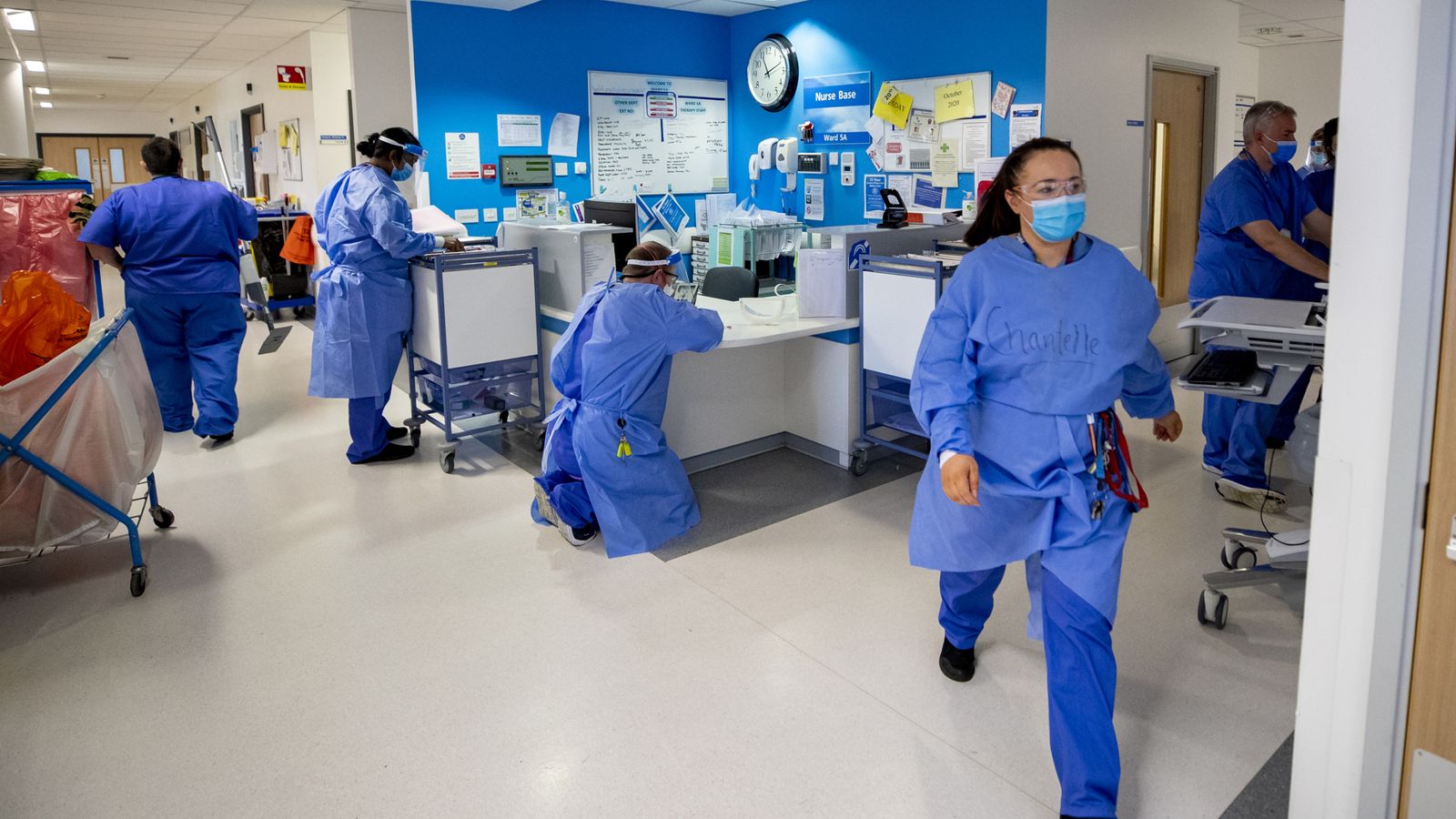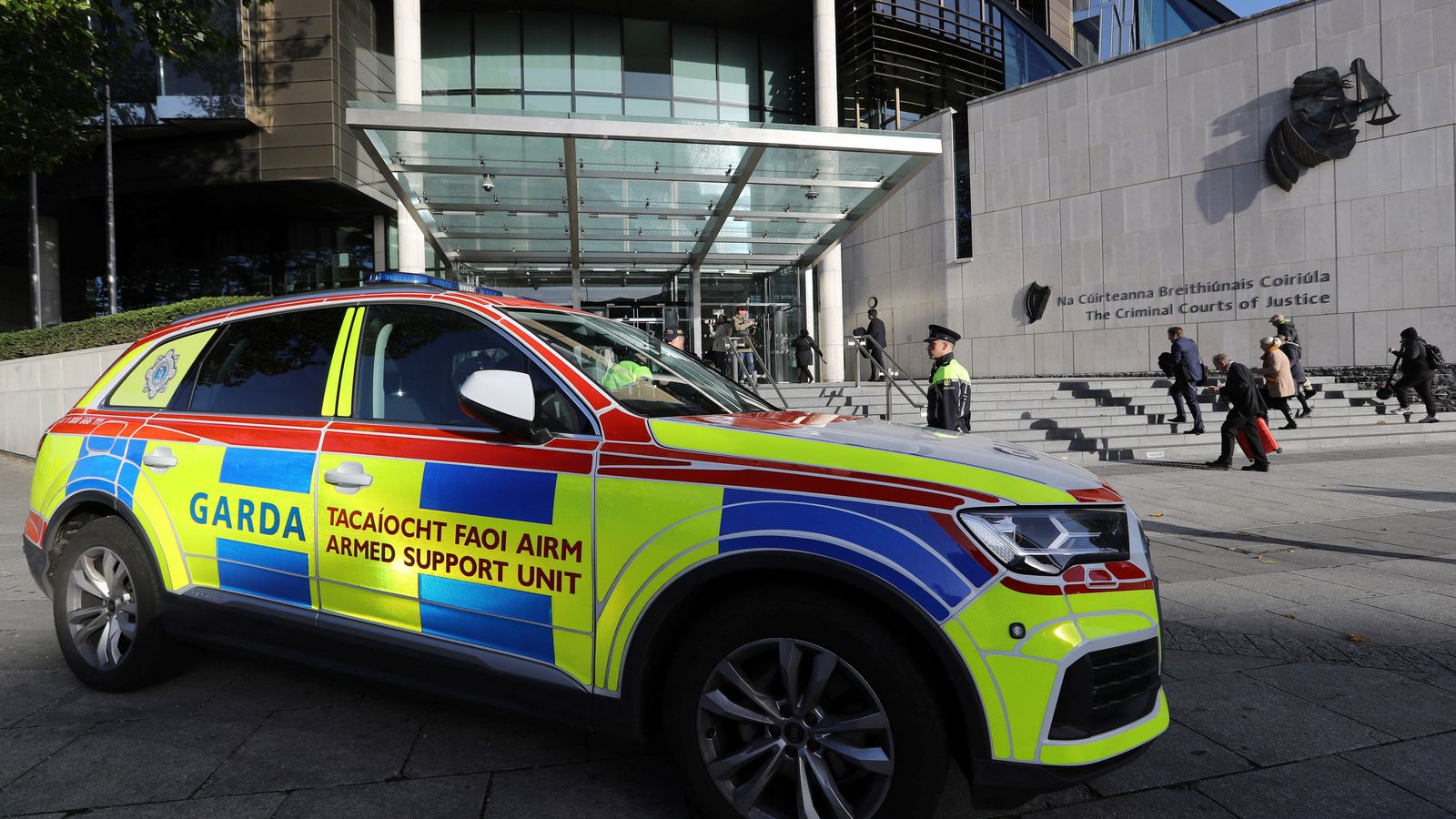The NHS is setting up data-driven “war rooms” as it prepares for what could be England’s “toughest winter on record”, new plans have revealed.
Under the government’s winter preparation plan, which aims to help the NHS cope during the colder months, the 24/7 “care traffic control centres” are expected to be created in every local area.
The hubs, led by teams of clinicians and experts, will manage demand and capacity across England by constantly tracking the number of beds available and people attending hospital.
It is hoped the centres will make it easier and quicker for decisions, such as if hospitals need extra assistance or if ambulances need to be diverted, to be made.
It will mark the first time a system has been used to take stock of all activity and performance within the NHS.
Rapid response teams to help people who have fallen at home are also being set up across the country to prevent unnecessary hospital trips.
NHS England believes this expansion could see about 55,000 ambulance trips freed up to treat other patients each year.
Play services for hospitalised children need to be made mandatory – despite infection concerns, charity says
NHS issues urgent call for more black blood donors to treat sickle cell
UK’s economic policies could cause ‘many more deaths’ than COVID – with government urged to protect the ‘most vulnerable’
Under the plans, care providers will also be given more support to deal with falls, with around two in five hospital admissions from care homes currently related to patients falling over.
On top of that, NHS chiefs have vowed to roll out around-the-clock access to professional mental health advice in ambulance services to help give more people access to the correct community support.
Respiratory infections expected to take up half of all NHS beds
It comes as the NHS is expecting to see a “very challenging winter”, with respiratory infections, including COVID, flu and pneumonia, predicted to be one of the most significant pressures.
Recent modelling has suggested that such health issues could occupy up to half of all NHS beds throughout the already busy season.
Therefore, the NHS is preparing earlier and more extensively than usual, with the plans also aiming to create extra bed capacity in hospitals and in the community, and a drive to increase the number of 111 and 999 call handlers.
“This winter could be the toughest on record for the NHS, which is exactly why services are working together early on to make sure patients get the care they need, where they need it most,” said Matthew Taylor, chief executive of the NHS Confederation.










